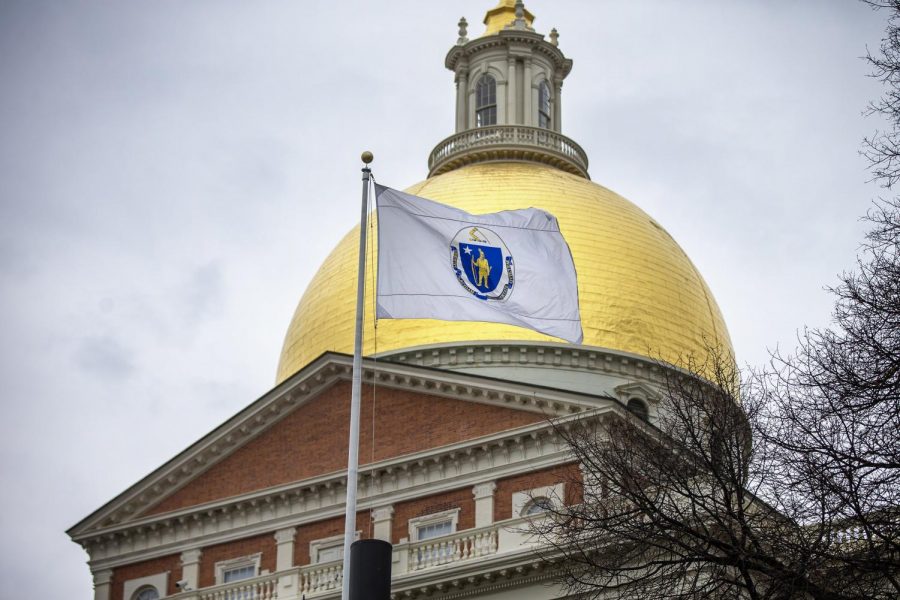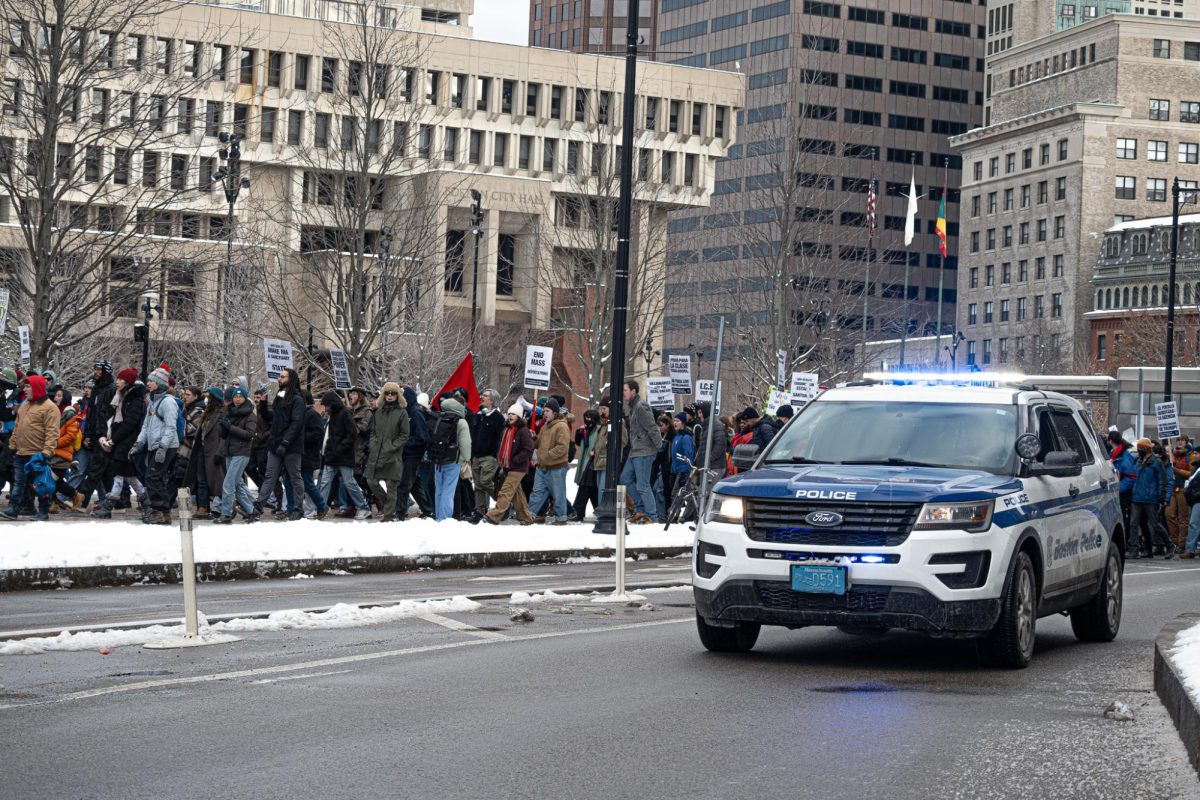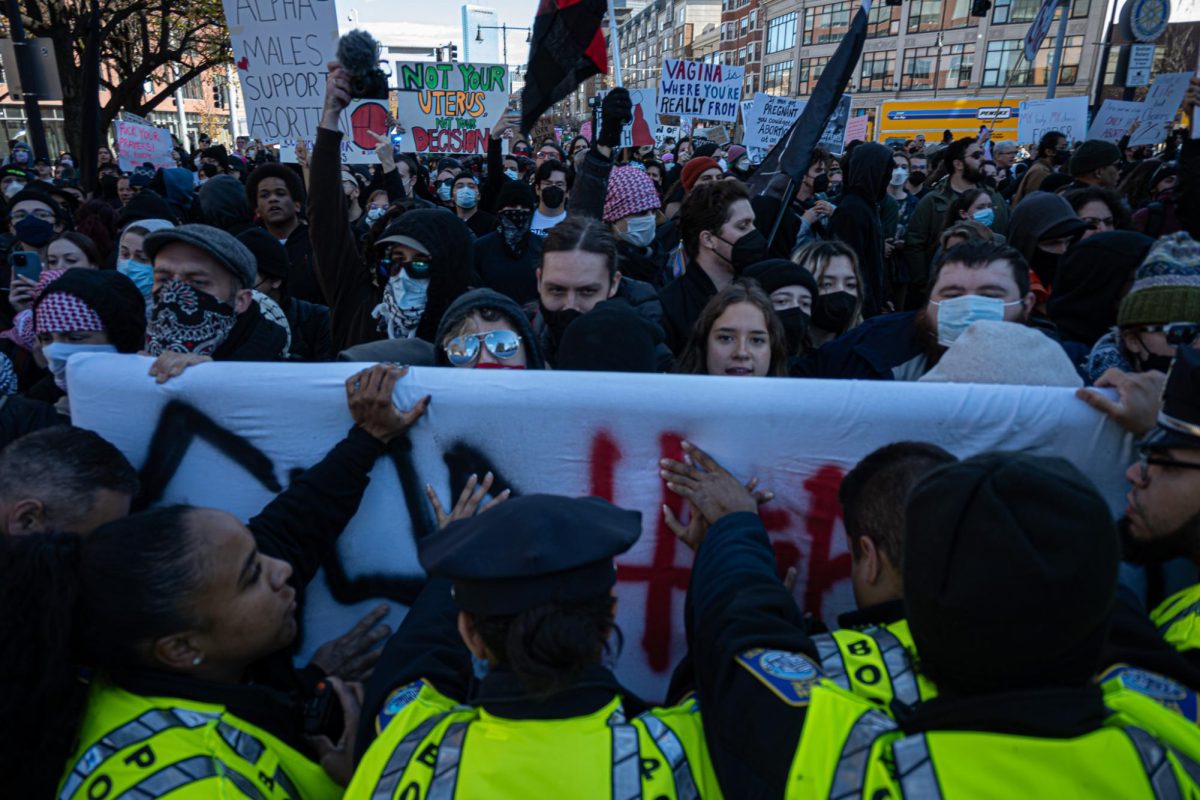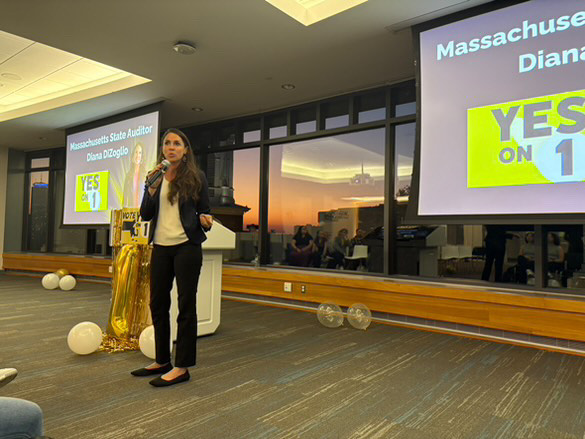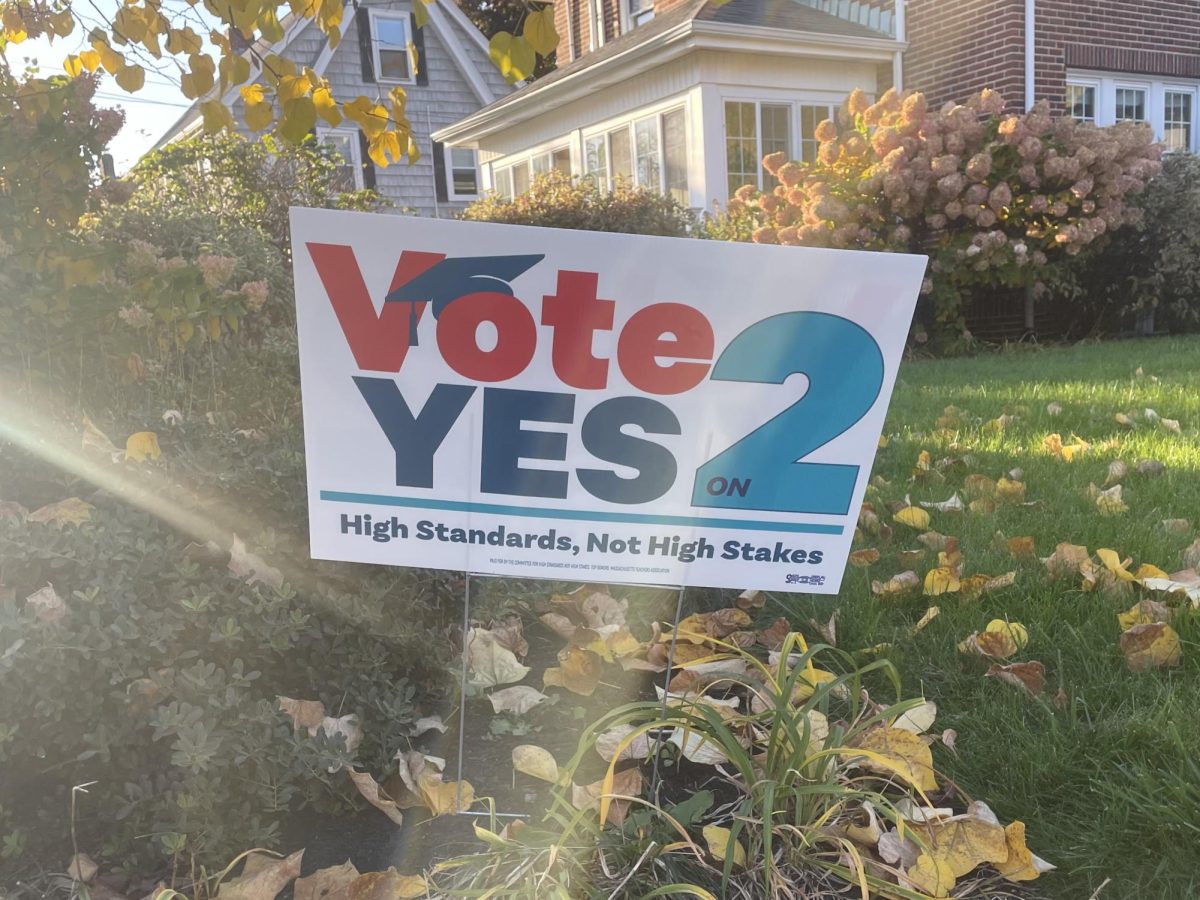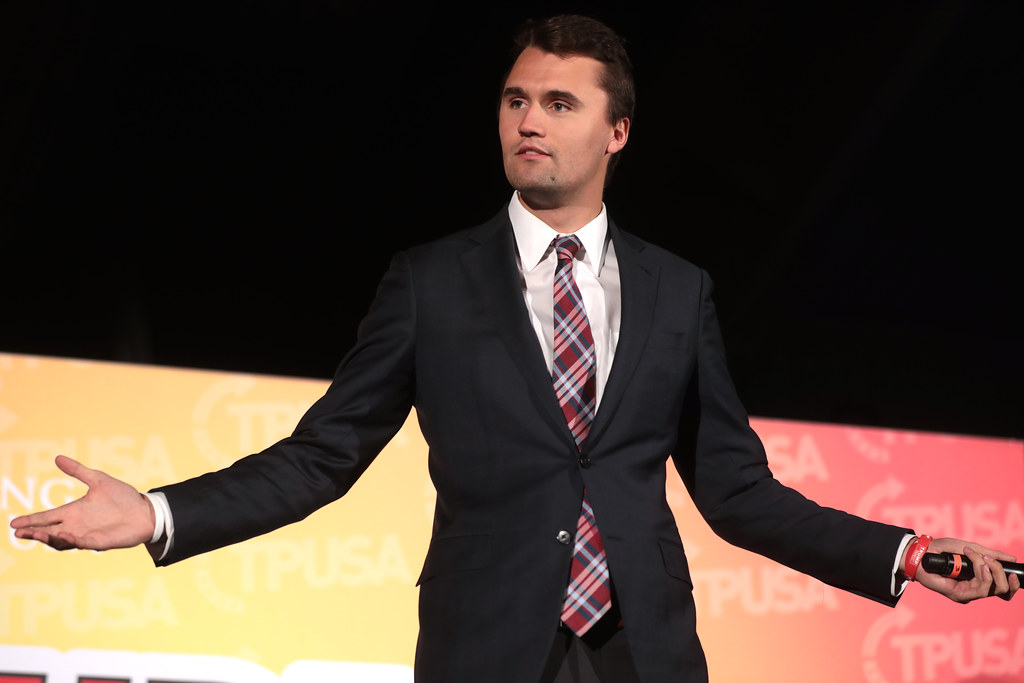Get your ballots ready: across the nation, state midterm elections will occur on Nov. 8.
In Massachusetts, the ballot will feature the next governor, lieutenant governor, secretary of state, representatives to the United States House of Representatives and state Congress, in addition to four ballot measures.
Mass. residents have the ability to vote in-person, both on Election Day and early voting, as well as by mail. These modalities expand access to the vote, but Rachael Cobb, Chair of Suffolk University’s Political Science and Legal Studies department, said there are other factors at play in terms of voter turnout in the state.
“In Massachusetts, the most recent legislation that was passed in June, the Votes Act, is creating the conditions of a lot of modalities through which people can vote…the other piece of this equation, however, is that we do not have super competitive races. Competition is a key ingredient to turnout. When people feel like they know who the winner will be, the incentive to go out and vote and feel like your vote makes a difference is diminished,” Cobb said.
Despite the lack of competition, the importance of voting, especially for the younger generation, is as high as ever according to Cobb.
“One of the most important assets that any campaign has is the voter list. Campaigns study voter lists. They look at those lists and decide ‘Who are my likely voters? Who am I going to contact? Who should I outreach to?’ The only way you get on the voter list is if you voted,” said Cobb. “If you don’t vote, politicians who have scarce resources are going to ignore you because there is no incentive to reach out to people who have not demonstrated that they have an interest.”
In November, Massachusetts will be electing nine representatives to the United States House of Representatives, one from each Congressional district. All nine incumbents to the position are returning for re-election, each with overwhelming odds to win, according to Cobb.
“There are no challengers to the incumbents who are, as we say in political science, high-quality challengers,” Cobb said.
One office that is guaranteed change is the race for governor of Massachusetts, the first midterm election without Gov. Charlie Baker as incumbent since his election in November of 2014. Leading the pack is Massachusetts’ Attorney General, Maura Healey. In a recent Suffolk University poll, Healey garnered 51.6% of promised votes out of the 500 respondents in the survey. Healey is faced with two challengers: Geoff Diel, the Republican candidate, and Libertarian Kevin Reed.
“I think [Healey’s] experience as an attorney general will make her pretty fierce in terms of going after issues, whether or not that serves her well, we will have to see. Convincing a circuit district court is a different thing than getting the majority party in the statehouse to go along,” said Professor Christina Kulich, a professor of political science and legal studies at Suffolk.
“[The new governor’s administration] will look pretty different. One of the things that happens is just this big turnover because the governor has the ability to appoint their cabinet and all of those people have the power to hire a group of people. That has an impact on policy implementation, and the governor will have all sorts of ideas on policy changes,” Cobb said.
In addition to elections for state and federal positions, there will be four measures on the ballot this November. Among these measures is the ability to apply for a driver’s license without documentation of citizenship.
As stated on the website for the Secretary of the Commonwealth of Massachusetts, “This law allows Massachusetts residents who cannot provide proof of lawful presence in the United States to obtain a standard driver’s license or learner’s permit if they meet all the other qualifications for a standard license or learner’s permit, including a road test and insurance, and provide proof of their identity, date of birth, and residency.”
The above-mentioned law, passed in May 2022 as a result of the 2020 Election, prohibits the registrar from requesting documents of citizenship, only mandating that the applicant for a learner’s permit, drivers license or vehicle registration present identity and birth documents.
This measure, which will appear in Question 4 on Massachusetts ballots, is joined by questions regarding taxation and public funding (Question 1), dental healthcare (Question 2) and licenses for sale of alcoholic beverages (Question 3).


